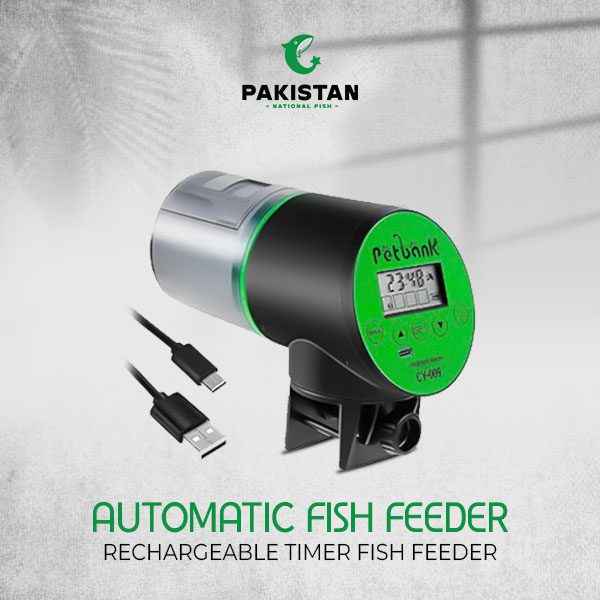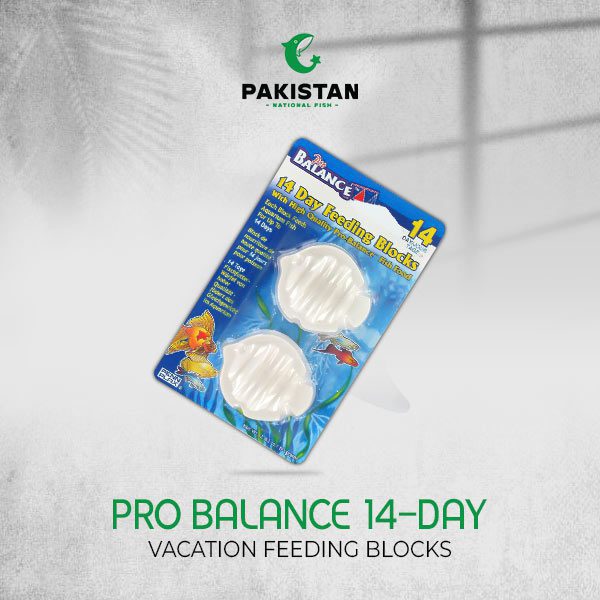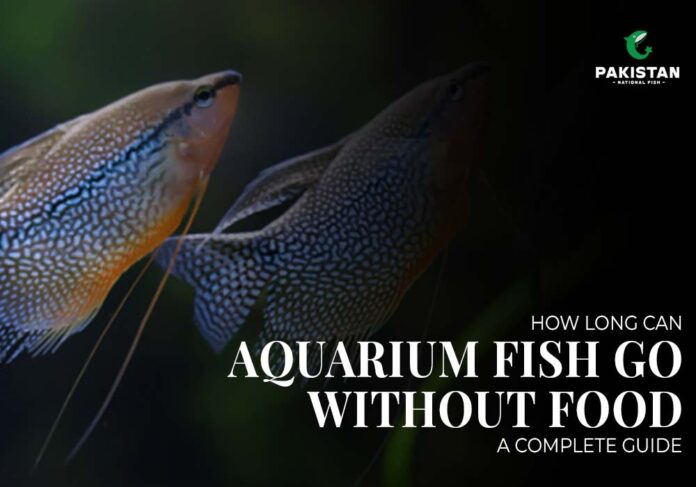Fish, especially tropical ones, are delightful pets for many households, bringing calm and elegance into any room. However, as an aquarist, there may come a time when you need to ask, ‘How Long Can Aquarium Fish Go Without Food?’ Whether you are planning a journey and wondering if your fish need feeding, facing an emergency, or are simply curious, it is crucial to understand the feeding needs of your aquatic friends.
The whole process will involve deaths and dying, how long aquarium fish can live without eating, what may affect the duration that the fish can go without food, and the right steps to take besides including the momentary food scarcity situation at your aquarium.
Conditions that Affect Survival without Food
1. Fish Species
The fish are not identical genetically and physiologically, which means, they cannot have the same metabolic rate or same nutrition requirement. For instance, larger fish, like oscars and cichlids, can typically last longer without eating because that’s how they exist in the wild – They don’t always get food readily available at their beck and call.
In general, herbivorous fish must be fed more often because these fish species feed endlessly all day long, like the plecos they belong to. But there are fish that are omnivorous—they feed on both plants and animals—but not as voracious as the previous category. Common types of omnivorous fish include guppies, mollies, etc.
2. Age and Size
They mainly consist of fry and young fish and these are more metabolically active hence they need to be fed more often. Another one is that they do not live as long without feed as the adult fishes are capable of.
Fish of a bigger size class are normally expected to have more fat, fresh, or frozen biomass to go for a longer time in the diet without feeding.
3. Water Temperature
One of the big factors that influence a fish’s metabolism is the temperature of the water it lives in. Warmer water makes the fish move around and they utilize energy than cold water hence requiring frequent feeding.
However, they can survive in colder water for a longer period, whose flow is slow and does not bring much food their way.
4. Overall Health
5. Tank Environment
Living Periods for Common Aquarium Fish
Below is an approximate timeline for how long common aquarium fish species can survive without food:
- Betta fish: 10 to 14 days
- Tetras: 5 to 7 days
- Cichlids: 7 to 10 days
- Angelfish: 7 to 10 days
- Goldfish: 10 to 14 days
- Guppies: 3 to 5 days
- Discus fish: 2 to 3 days
- Plecos: 7 to 10 days (with the possibility to feed with algae or driftwood)
The size mentioned above is just an approximation and can be applied differently to different fish.
What Happens When Fish Don't Eat?
Otherwise, when fish are starved, their body begins to break down other stored nutrients, proteins, and fats into energy. Over time, this can lead to:
- Weight loss
- Weakened immune system
- Lethargy and reduced activity
- The people become more vulnerable to diseases.
Observing starvation is that it can slowly lead to the failure of the Organism’s organs and cause death where such Organism requires high energy.
Preparing For Absences
1. Automatic Feeders
Automatic Fish Feeder - Rechargeable Timer Fish Feeder
- Convenient with USB charging cable for various charging scenarios.
- Energy-saving and environmentally friendly.
- Large-capacity battery can charge and discharge up to 800 times.
- Can be used for 3-6 months on a single charge.

2. Vacation Feeding Blocks
Pro Balance 14-Day Vacation Feeding Blocks
- Brand: Penn-Plax
- Flavor: Shrimp
- Item Form: Tablet
- Specific Uses For Product: Fish feeding
- Unit Count: 2.82 Ounce

3. Ask For Help
4. Feed Before Leaving
5. Optimize Tank Conditions
Fasting As a Component of Feeding Schedule
Noteworthy, is that periodic fasting can be not only allowed but useful for aquarium fish. Many aquarists incorporate one or two fasting days per week to:
- Prevent overfeeding
- To mimic feeding habits just like the animals still in the wilderness.
- Promote better digestion
Nevertheless, fasting should be done obscurely and according to the necessities of your fish species.
Signs of Starvation in Fish
Essentials of this paper seek to explain the signs of starved fish especially when the fish undergoes a long period without feeding. Common indicators include:
- Sunken bellies
- Lethargy
- Loss of color
- Erratic swimming behavior
These signs require you to start feeding the fish again and you should take your fish to the vet if it does not recover.
Emergency Situations
In emergencies where feeding is not possible, such as power outages or supply shortages, consider these alternatives:
- Natural food sources: If available add algae or plant matter in the tank for fish to graze on to help reduce its fat content.
- Homemade fish food: Cook vegetables so that they are boiled, other fish-safe proteins, and gelatin to make a temporary ‘food bowl’.


